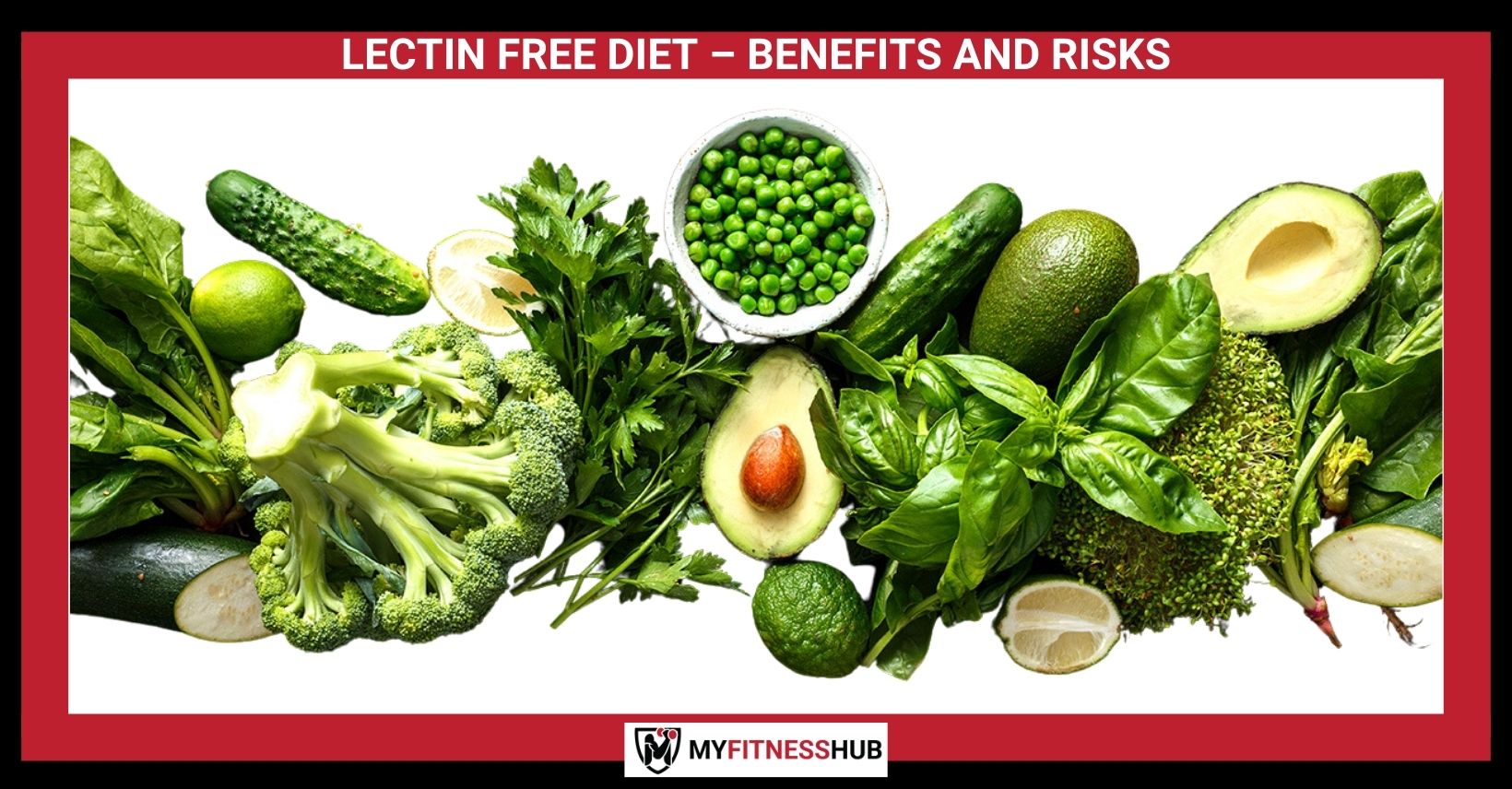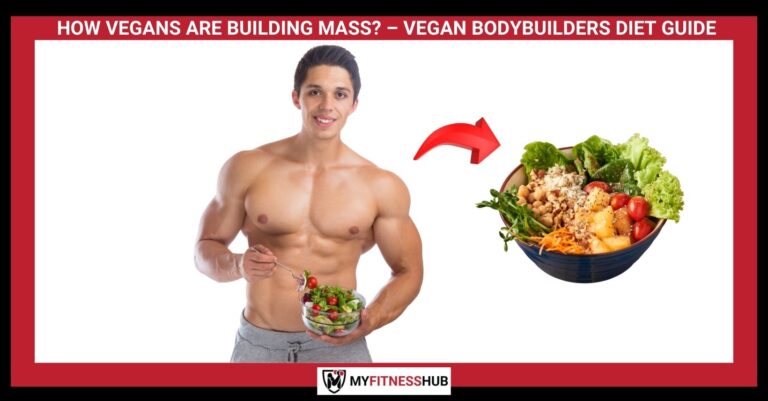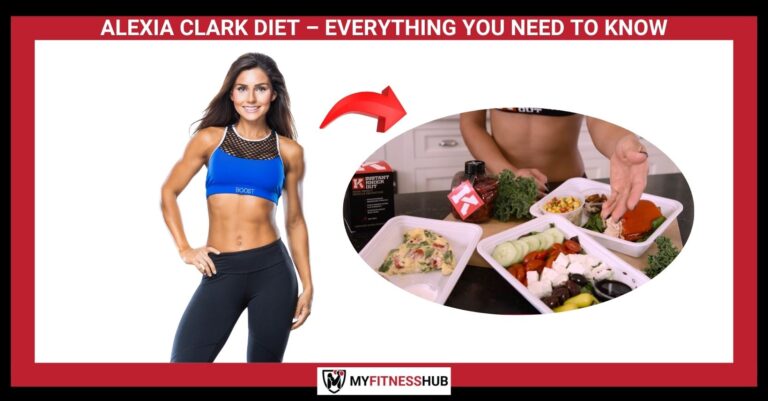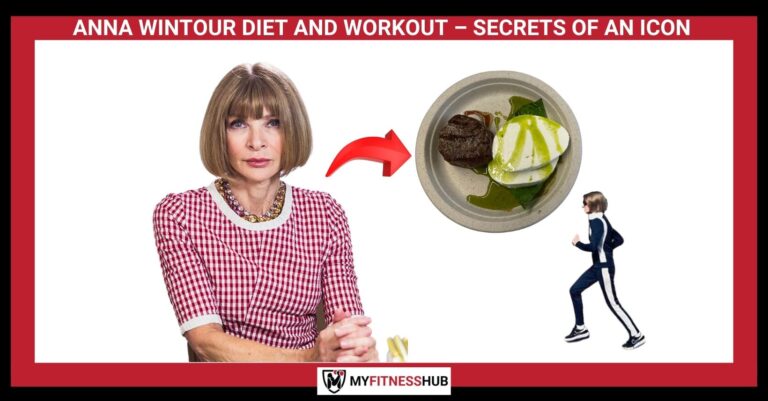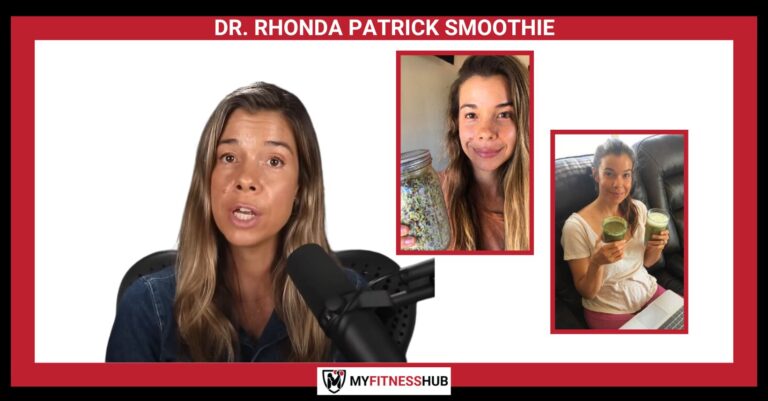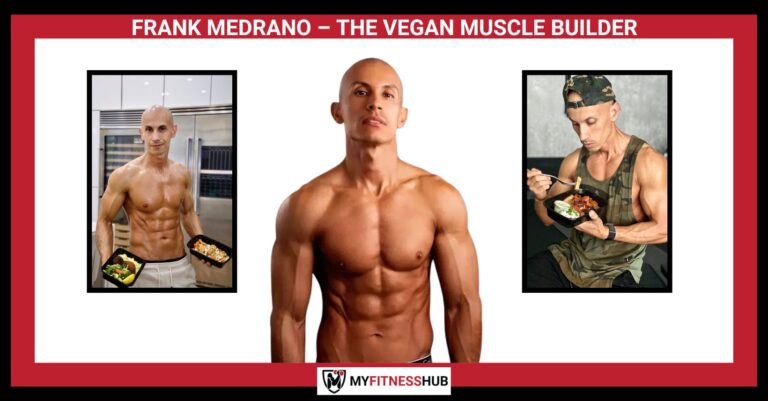LECTIN FREE DIET – BENEFITS AND RISKS
There are a lot of different solutions and ideas out there for weight loss. Trying to lose weight can be something that many people struggle with, which is why we are always looking for an easier option. One such weight loss plan is to remove any foods that contain lectins from your diet. Lectins are a form of protein that can be found in a range of both plant and animal food products that have been linked to health benefits, as well as some health risks.
Some studies and articles have promoted a lectin-free diet to improve health. Some of these claims even link this approach to weight loss. However, as with any claims surrounding diets, we need some more information before we can see if it will work for us.
WHAT ARE THE FOODS THAT CONTAIN LECTINS?
Lectins are a form of protein found in most animal—and plant-based foods. They bind carbohydrates together and may stick to cell membranes in the digestive tract, hence their connection to weight gain and other health issues.
Even though this protein can be found in most of the food we eat, some foods have higher lectin levels, including:
- Dairy products
- Whole grains
- Legumes, like kidney beans and other beans
- Nightshade vegetables
Some types of lectins may be toxic, but most that can be found in food, like grains and beans, are harmless. Little research exists into how the lectin content in food can affect people, but it has been linked to some health benefits.
WHAT DOES A LECTIN-FREE DIET DO?
A lectin-free diet is claimed to be a beneficial thing for some people with certain food allergies and sensitivities to certain foods. If you are going to be going on a lectin-free diet, then you will need to eliminate most, if not all, foods that have a form of lectin content. Foods with lectins in them have been linked to inflammation, and it has been reported that, in some cases, a lectin-free diet can help people manage certain health problems, such as multiple sclerosis.
The idea of a lectin-free diet was first coined by Dr. Steven Gundry, a former heart surgeon who has now moved his focus to food and supplement-based medicine. He wrote a very popular book regarding lectins, in which he claimed that this was one of the biggest dangers in Western Society, and this protein is the source of weight gain in many people.
However, despite his claims, the benefits of a lectin-free diet are still not clear. Removing lectins from your diet can benefit people with certain health conditions. It has been linked to weight loss several times in the media, with some celebrities, including Kelly Clarkson, claiming that removing lectin foods from her diet has improved her health and helped her lose weight.
DOES A LECTIN-FREE DIET WORK?
There is currently not enough scientific evidence from human studies to indicate whether a lectin-free diet will help you lose weight. Some research into the protein lectin has noted that this protein can disrupt digestion and interfere with the absorption of nutrients from food. Lectins are also unable to be digested by the body, which is why they bind the cell membranes with the digestive system.
This can result in some damage to the body, which may interfere with your metabolism, hence why they can be linked to weight gain. However, as limited research shows, there is not enough proof to ensure that people will lose weight simply by cutting out lectins.
Removing lectins from your diet can have unexpected health effects. As most food contains lectins, especially most of the healthy foods people are recommended to eat, such as whole grains, beans, and lentils, this kind of diet is very restrictive.
Nightshade vegetables are also a huge part of a healthy diet, which will be restricted due to their lectin content. Foods such as eggplant, tomatoes, white potatoes, and peppers, as well as seasonings like paprika and cayenne pepper, contain a lot of lectins and, therefore, cannot be eaten on this kind of diet.
This not only makes a lectin-free diet hard to stick to, but it can also lower the amount of nutrition your body gets, which in turn will affect how it functions. This can put things like your immune system at risk.
ARE LECTINS BAD?
It has been reported that almost 30% of a standard diet is made up of lectins, with various foods, including beans and whole grains, having a high content of this protein. For some people, eating foods with a lot of lectins can result in gas or gastric stress, such as irritable bowel syndrome, because they cannot be digested by the body. This is why you will feel gassy and bloated after consuming beans, as they contain a lot of this protein.
This can be a source of discomfort for people, but in most cases, it is manageable. Cooking foods, including beans, can remove the number of lectins found in them. You must boil beans before eating them, as this affects the lectin levels and makes them safer.
No one should eat raw, soaked or undercooked beans, like kidney beans, as these are toxic due to the lectins levels.
HOW TO GO ON A LECTIN-FREE DIET
When trying to remove lectins from your diet, you will need to cut out foods that contain this protein and ensure not to eat them at all. This can limit the kind of food you can eat, as you will not be able to consume various animal and plant foods due to their high content of lectins. However, you will still be able to eat a good range of other foods, for example:
- Leafy greens
- Certain fruit like goji berries, apples, and blueberries
- Mushrooms
- Chickpeas
- Broccoli
- Avocados
- Rice
- Olive oil
This kind of diet also allows most animal proteins, including fish, milk, eggs, chicken, and beef. Many kinds of nuts, including peanuts, pine nuts, flax seeds, Brazil nuts, and some forms of nut butter, are also allowed.
It is also possible to lower the levels of lectins in certain foods and grains by preparing them in a pressure cooker or boiling them, such as with certain things like the kidney bean.
SIDE EFFECTS
Many of the foods that are not accepted when removing lectins, including grains, are great sources of fiber. Dietary fiber is important for your health, and cutting it out can result in some issues. It is important to eat a good range of fruits and veggies when cutting out lectins, as well as potentially taking a fiber supplement to help your body function normally.
It can take some time for you to notice any benefits from cutting out lectins, so make sure to pay attention to your body during this time. If you notice any drastic changes in your body weight or suffer symptoms such as vomiting, you will need to speak to your doctor.
It is also recommended that you seek doctors’ advice before making any changes to your diet. They will have the best approach for your needs, and their work is backed up by scientists’ test tubes and years of study.

